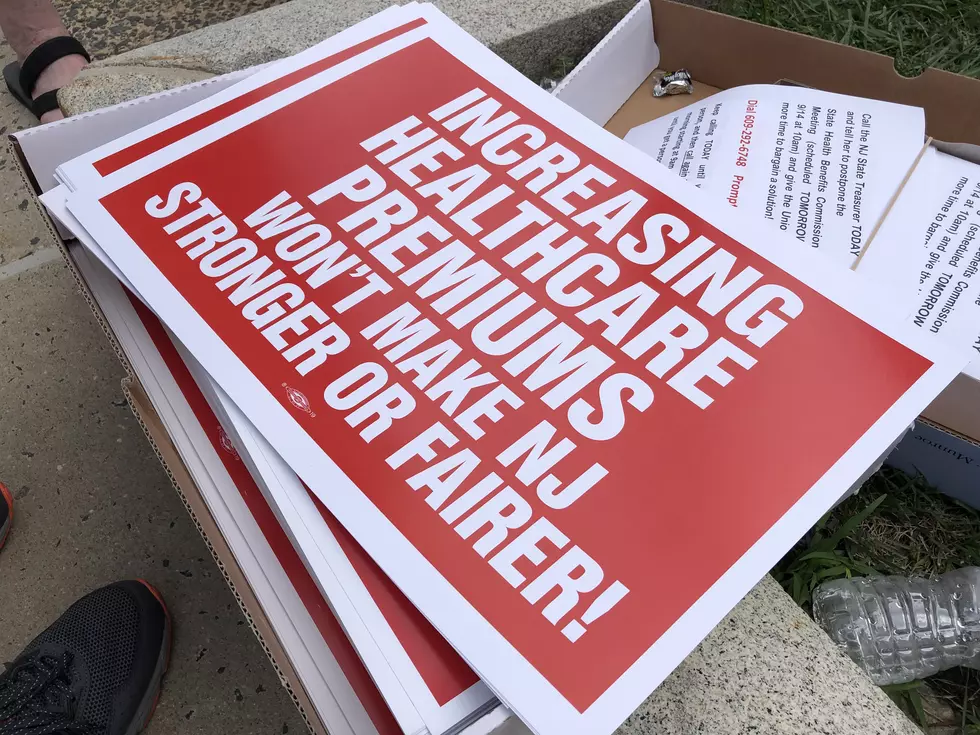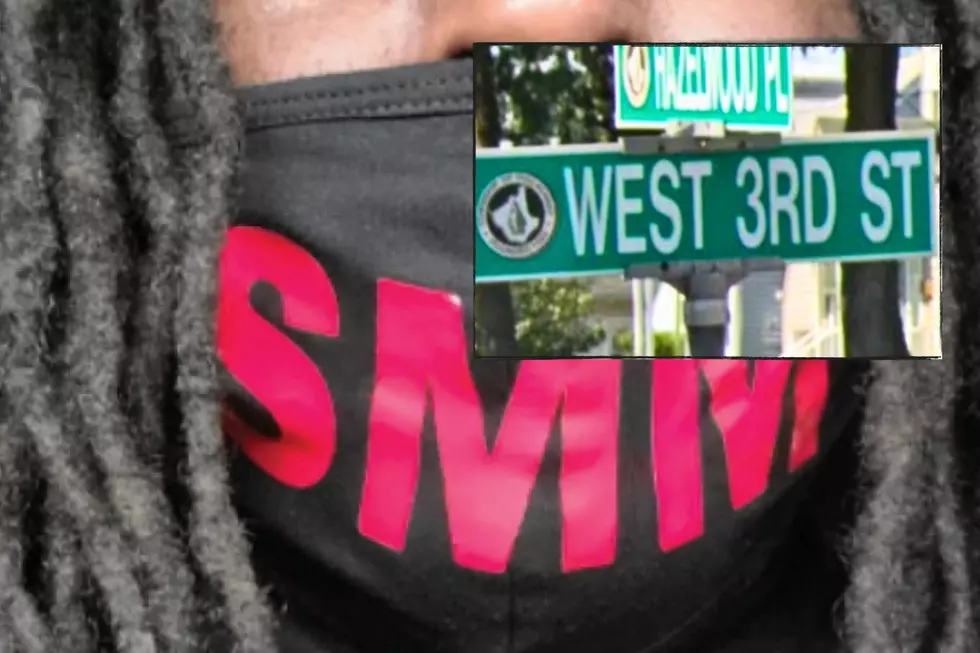
NJ state workers will pay higher health costs. Here’s how much
TRENTON – Health-care premiums for people in the state’s insurance plan will jump by more than 20% in 2023 for local public workers and the municipalities and counties that employ them, though concessions and a last-minute deal have spared state workers similarly high increases.
The rate hikes approved Wednesday by the State Health Benefits Commission for active state workers were scaled back slightly, as the plan was altered to increase copays by $15 for seeing a specialist and $30 for going to urgent care. Those fees are now generally $15 or $30, depending on the plan in which a worker is enrolled.
Those changes trimmed what had been a 20.7% overall increase for premiums in the CWA Unity/NJDIRECT plans, including medical and prescription coverage, to 19.6%.
But then after the meeting, union leaders representing state workers announced they had reached an agreement with the state to limit the increase in employee contributions to 3% for 2023, in exchange for the increase in copays.
“The unions, together with the governor, whose engagement on this issue was vital to the successful conclusion of negotiations, have forged an agreement on healthcare that benefits union members and their families by avoiding unaffordable cost increases,” five unions said in a statement.
Big hike still applies for local workers
It’s not clear if the additional health-insurance spending that shifts to the state will be paid for using surplus funds or federal pandemic recovery money. Unions have been urging Gov. Phil Murphy to tap COVID funds, as the bigger-than-expected rise in costs was tied to people catching up with medical care they had delayed at the height of the pandemic.
The copay increases only apply to active state workers, so there were no changes to the rate hikes approved for local governments: 21.6% for active workers and 13% for early retirees.
The Murphy administration and labor appointees sparred over the process and, particularly, the absence of Horizon Blue Cross Blue Shield from the meeting. The administration’s representatives forced through a vote after a short amount of public discussion by board members, after a lengthy executive session held in private.
'Far out of line'
Dudley Burdge, the AFL-CIO representative for local government employees, said he is concerned local governments will find an alternative health plan for their workers, weakening the finances of the State Health Benefits Plan.
“I don’t think there’s been serious consideration given to ways of alleviating those costs,” Burdge said. “I’m very concerned that we’re going to have locals leave, that we’re going to have many members of the plan who are going to have to pay a lot more, as well as the impact on municipalities’ and counties’ budgets and taxpayers.”
“Do the people on the management side understand this is a 20% increase?” Burdge said. “This is far out of line from what is being seen elsewhere. It’s going to be very destructive to the State Health Benefits Plan.”
“As public workers ourselves, we sympathize with the rates, but the process has resulted in the rates that are before the commission now,” said Danielle Schimmel, a deputy attorney general designated as the SHBP chairwoman by Treasurer Elizabeth Maher Muoio.
Local governments could seek new health insurers
Burdge’s concern for an exodus of local governments from the state’s health plan appears to be well-founded, given the reaction by leaders of their lobbying associations in Trenton.
“NJAC is recommending that participating members leave the State Health Benefits Program if feasible as the rate approval process demonstrated the commission’s lack of transparency, accountability and foresight to accurately project substantial rate increases with such far reaching consequences,” said John Donnadio, executive director of the New Jersey Association of Counties.
Michael Cerra, executive director of the New Jersey State League of Municipalities, said that “local governments will now do their due diligence and explore more cost-effective alternatives.”
“The unprecedented health benefit rate increase approved today by the SHBC will have a staggering impact on municipalities, local government employees, and property taxpayers,” Cerra said. “This was avoidable and there were options that could and should have been taken, including delaying the vote today and engage an open and transparent process.”
The increases in health-care costs can lead directly to property tax increases by county and local governments, as such costs are exempt from the 2% yearly cap on increase in the property tax levy.
School employees and early retirees face increases of 15.1% to 15.8%. Those rates are due to be officially approved Monday.
Labor-backed reforms rebuffed by plan designers
The higher copays were approved at a Wednesday morning meeting of the Plan Design Committee for the State Health Benefits Program.
But five other resolutions submitted by that panel’s labor representatives, including ones directing studies, creating a reserve fund using federal aid and soliciting bids for new specialty programs, were rejected by the administration.
“They do not have any impact on the plan year ’23 rates,” said Assistant Treasurer Andrea Spalla. “… Four of the five of them exceed the PDC’s authority, and the fourth is simply just not pertinent to today’s business.”
“Especially where you talk about trying to allocate funds,” said John Megariotis, acting director of the Division of Pension and Benefits. “This body has no authority to appropriate money.”
Kevin Lyons, a health benefits coordinator for the New Jersey State PBA, said the proposals were clearly plan design changes.
“You can’t come to unions over and over and over and blame us for not coming forth with cost reforms when we produced 20% in cost reforms and then tell us that they’re outside the purview,” said Lyons, who voted yes “to try and save the local employers and employees.”
“These are good policy resolutions that will save money and protect workers’ health care for a long, long time,” said Patrick Nowlan, executive director of the Rutgers AAUP-AFT. “These are things that we have to be doing. Shame on us that we weren’t talking about them much earlier.”

The full State Health Benefits Commission similarly refused to take up a group of resolutions that had been submitted to the state Tuesday by the labor representatives. Schimmel said they must undergo a legal review before they can be taken up.
Michael Symons is the Statehouse bureau chief for New Jersey 101.5. You can reach him at michael.symons@townsquaremedia.com
Click here to contact an editor about feedback or a correction for this story.
2021 NJ property taxes: See how your town compares
Each State in America and Their Favorite Type of Cereal...
More From New Jersey 101.5 FM








